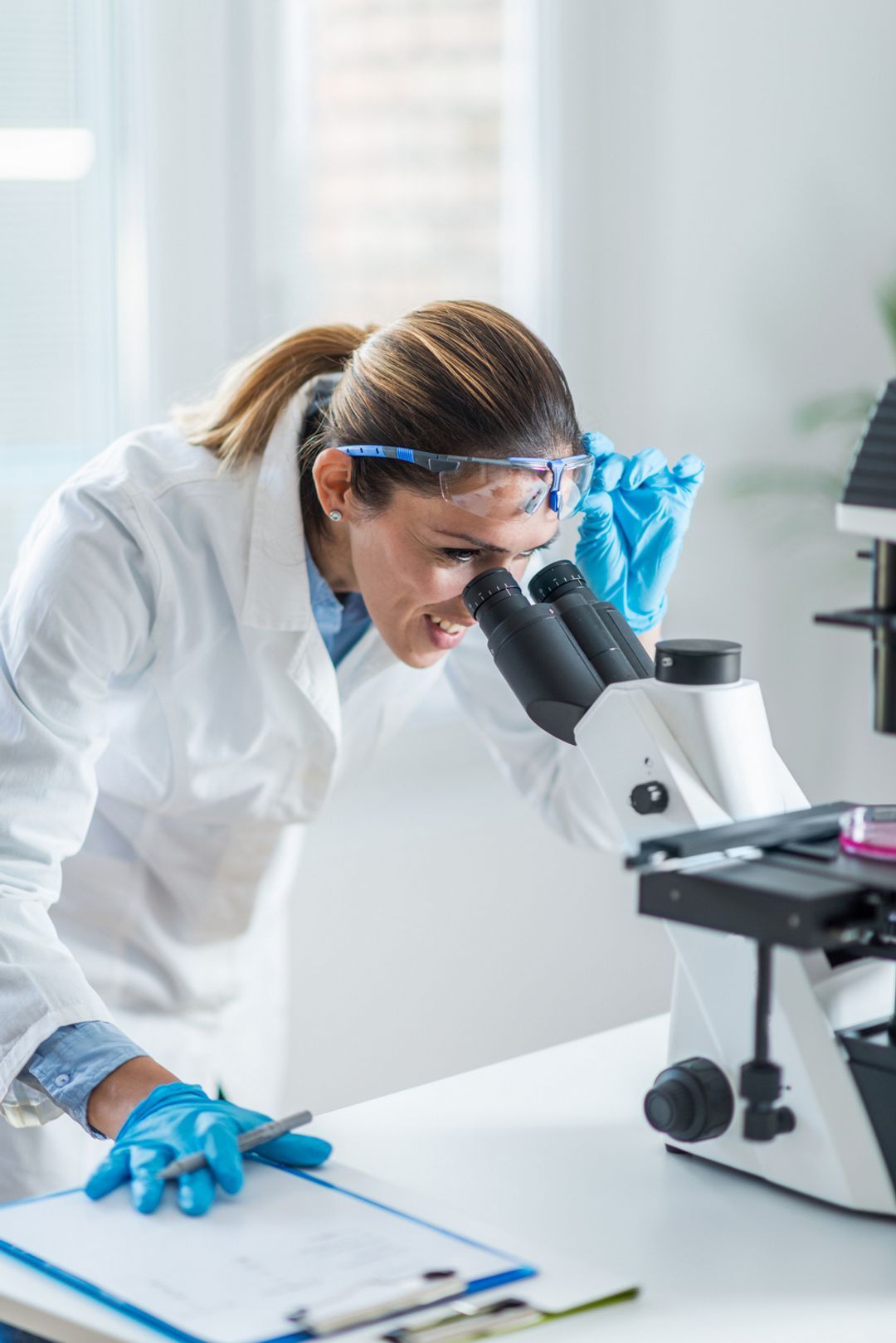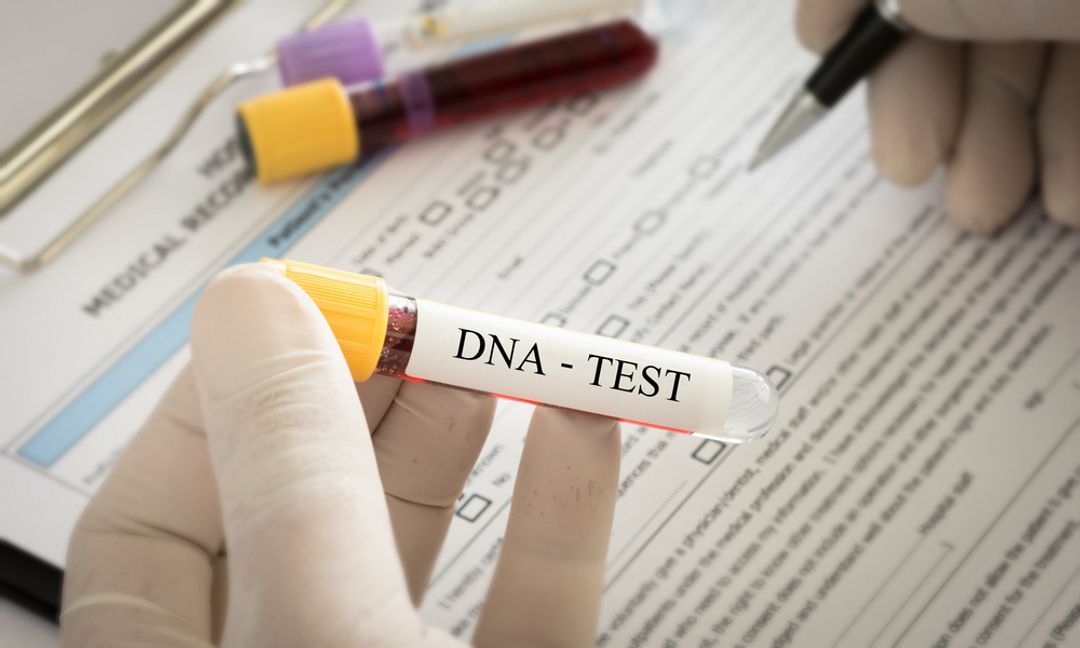TruAge Biological Age Test Review - Is It Worth Your Money?
Is the TruAge test an accurate predictor of biological age? Can TruAge predict your health and lifespan? Click here to discover if TruAge biological age test is with buying.
By The GlycanAge Team
Do you ever wonder why some people look and feel younger than their age while the opposite is true for others?
On a cellular level, we all age at a different rate to the number of years we’ve been alive (our chronological age). The age of the cells within our bodies (our biological age) is considered the true marker of health and longevity. Everything from our diet and the amount of exercise we do, to our alcohol consumption and quality of sleep can influence this number.
In recent years, more people have been keen to learn how quickly (or slowly) their bodies are ageing compared to their chronological age. With this surge in interest, several DNA biological age tests have become available on the market, attempting to measure your health and lifespan by analysing your DNA.
But can a DNA test accurately tell your biological age? And what do you do with this information? This article explores DNA age tests in more detail, including how they work, what they show, and who they’re for. Keep reading to learn more.
 A DNA age test calculates biological age through DNA methylation. This process involves measuring chemical changes to DNA that affect the cells’ ability to successfully replicate, which is a biomarker that correlates with ageing.
A DNA age test calculates biological age through DNA methylation. This process involves measuring chemical changes to DNA that affect the cells’ ability to successfully replicate, which is a biomarker that correlates with ageing.
The advanced method examines methylation across several hundred thousands of DNA sites to provide a precise and accurate prediction of biological age across an individual’s entire life course.
The test is based on Dr Horvath’s epigenetic ageing clock, which studies how genes get modified based on external factors such as lifestyle, diet, stress, and environment. These elements have important implications on biological age and regulate everything from development, learning, metabolism, and immunity to disease progression.
Once you’ve ordered a DNA age test, the process involves drawing a blood, saliva, or urine sample and depositing it into a collection tube. You then mail your sample in a prepaid envelope, along with information on your health and lifestyle, to the lab for analysis.
The result of your biological age can take anywhere between three and twelve weeks to arrive via email or a secure website login, depending on the test you use. You will also receive a personalised evaluation that provides a detailed breakdown of your result and offers practical advice that allows you to target your health and wellness efforts towards particular aspects of your life. Individually-tailored lifestyle changes can help improve your health, reduce your risk of developing chronic diseases, and delay the overall ageing process.
 You can take multiple tests if you’re interested in tracking your progress over time and assessing how interventions have affected your preliminary biological age.
You can take multiple tests if you’re interested in tracking your progress over time and assessing how interventions have affected your preliminary biological age.
A DNA age test is recommended for anyone who wants to take control of their health by understanding the rate at which their body is ageing and subsequently adopting lifestyle interventions to prolong health and wellness as they get older.
Biological age is a better predictor of disease and morbidity than chronological age and is therefore crucial to adopting protocols that help you achieve long-term health and wellness.

Taking a DNA age test can empower individuals to reassess their life choices and implement personalised life-lengthening interventions that can help reverse biological age and ultimately delay the ageing process.
DNA age tests can be purchased through various online retailers. Choosing the right test for you will depend on various factors, including:
whether you want to provide a blood, saliva, or urine sample
the method of DNA analysis used
how long you’re willing to wait for your result
the level of personalisation you want as part of the service
Popular brands of DNA testing include Elysium, myDNAge, Cerascreen, and EpiAge.
Many DNA age tests analyse how gene expression is influenced by lifestyle and environment to determine biological age. However, another approach involves taking a blood sample to measure the presence of certain molecules that correlate with increased inflammation and decreased bodily function to estimate the extent of ageing. This method is used in the GlycanAge testing kit.
These molecules, called glycans, accurately quantify cellular age by providing information on the immune balance of cells, rendering it the most accurate predictor of biological age.
By assessing the state of your immune system, the test can inform you of lifestyle habits that are making your body age faster; for instance, a poor diet, lack of exercise or chronic stress. Based on this information, you can implement necessary changes to effectively delay and even reverse the ageing process.

Once you receive your home testing kit, all you need to do is a simple finger prick test, send the results back to our lab, and leave the rest to us. After 3-5 weeks of rigorous analysis to obtain the most accurate readings, your results will be ready.
GlycanAge offers numerous price points to meet your budget and payment plans to spread the cost over 12 months. A single test (£289) is best if you’re starting your wellness journey and want to discover your biological age. Two tests (£492) are highly recommended to track your progress as you work towards healthy ageing. Alternatively, a custom plan is best suited to those interested in making long-term improvements to their health, with additional discounts and tailored support.
Moreover, each customer is entitled to a free 1-1 consultation with a scientist and/or healthcare professional to help you understand your results and devise a strategy to help you reverse your biological age.
Order your GlycanAge biological age test today.
Biological age tests have come a long way since their inception in 2011 in informing you how healthy your body is. As scientists gain increasingly deeper insight into the body’s natural ageing process, the technology used in such tests continually evolves to provide a more precise and accurate measure of biological age.
By The GlycanAge Team

Start or continue your GlycanAge journey
Don’t be afraid to reach out to us and ask questions, provide commentary or suggest topics.
Other articles you may like:
Is the TruAge test an accurate predictor of biological age? Can TruAge predict your health and lifespan? Click here to discover if TruAge biological age test is with buying.
How accurate is LetsGetChecked? Are LetsGetChecked tests reliable? Read this LetsGetChecked review to find out.